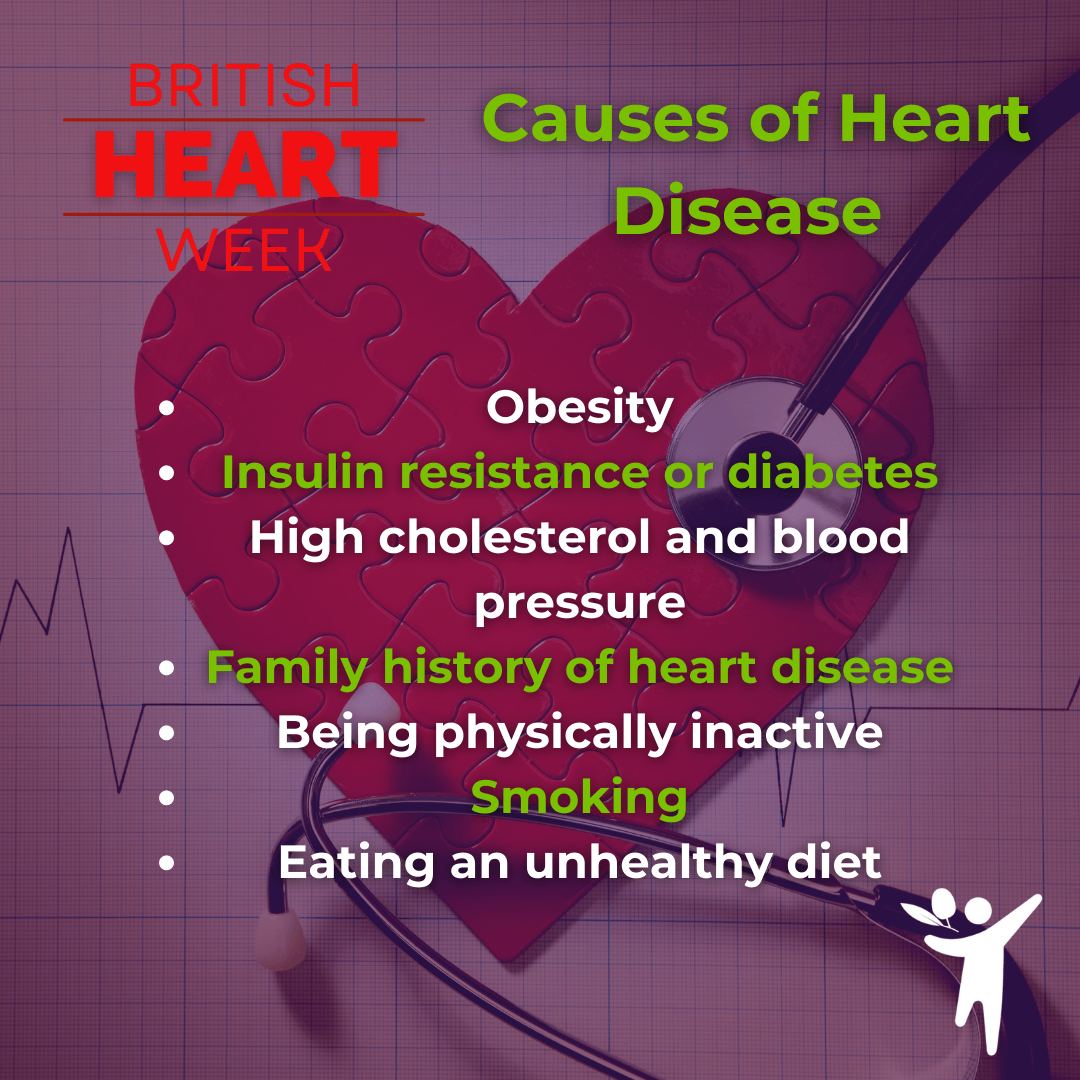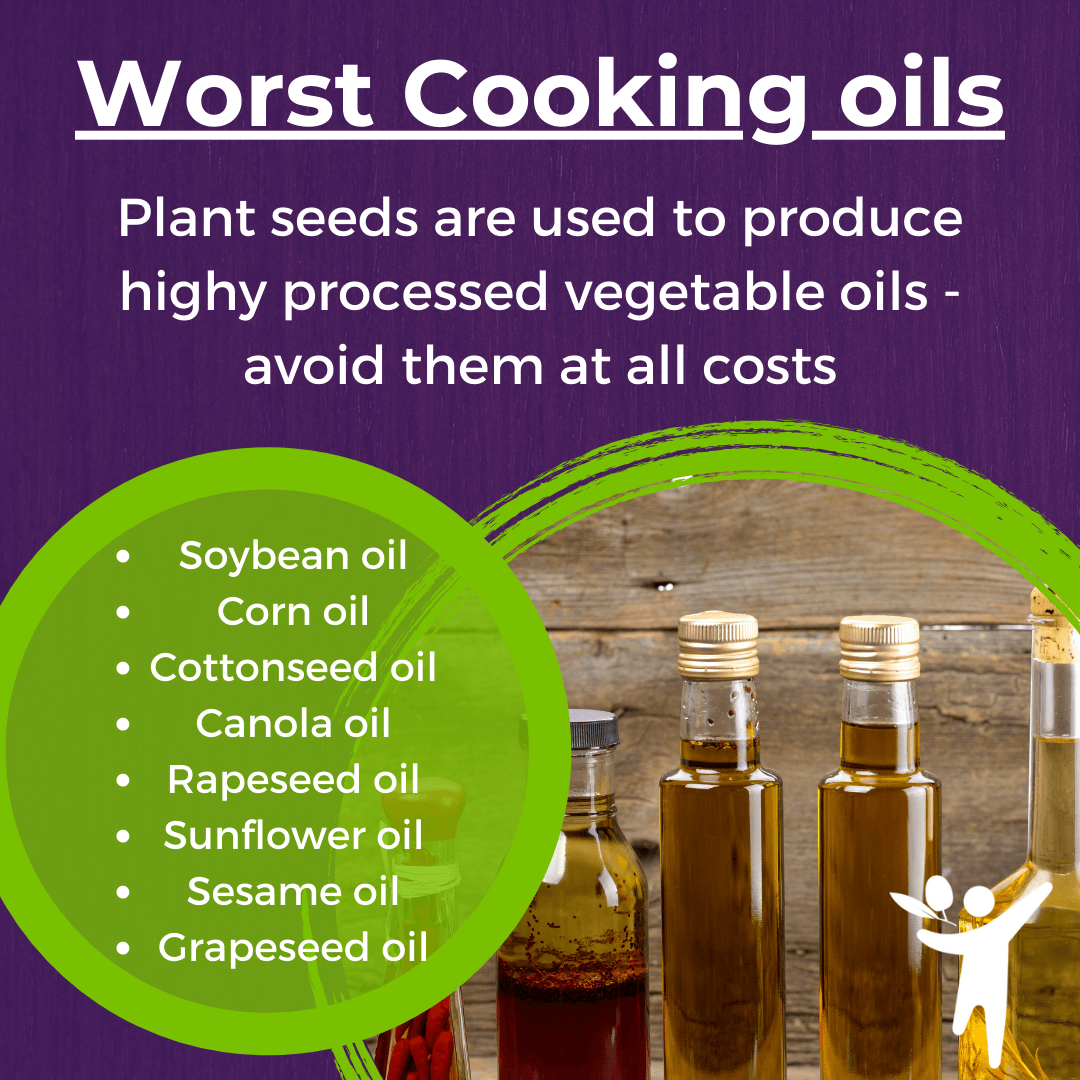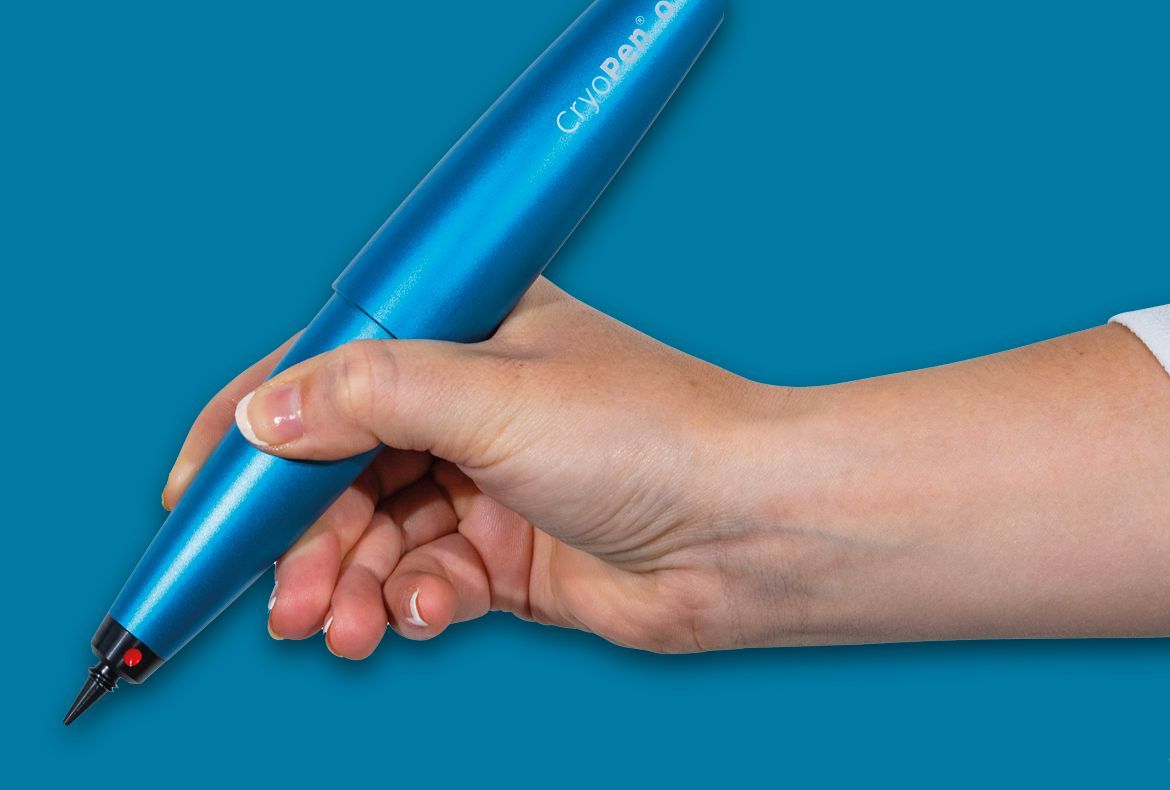Cardiovascular disease (CVD) is the leading cause of death amongst men and women globally. Now the fact that heart disease causes 1 in 3 deaths today may come as no surprise but the fact that heart attacks
were virtually unknown 120 years ago is nothing less than astonishing. So, in the immortal words of Gavin and Stacey
“What’s Occurring???”
CVD is the most common cause of premature death. Fortunately, there are steps you can take to prevent or treat this condition. This guide will walk you through what you need to do.
What is Heart disease, and how is it caused?
Make a commitment to heart health.
The unfortunate truth about blood pressure medication is that if you are taking it for so-called “pre-hypertension” it won’t reduce your risk of a heart attack, stroke, or dying. In other words you are taking daily medication that doesn’t confer any real benefit yet may still cause unnecessary side effects. That said, antihypertensive medication is helpful if you have moderate-to-severe hypertension.
(Average = 140/90 | Moderate = 160/100 | Severe = >180/110).
So the principle is: Management of blood pressure should be based primarily on lifestyle changes and not solely reliant on medication.
Sadly, most health professionals ignore the root cause of the issue and treat the symptoms instead with a prescription.
STATINS
The benefits of statins have been grossly exaggerated by the vested interests of the pharmaceutical industry to sell more drugs. They have convinced us that taking statins will significantly prolong our lives.
In fact, as we discussed with Prof Malhotra, statins will likely do more harm than good if you haven’t had a stroke or a heart attack (shocking!). More shocking still, even for those who HAVE suffered a stroke or heart attack the likely benefit is a few days. (Yes: not years, not months, not weeks but a few DAYS longer life expectancy)
If you want to learn more about Heart disease and if statins really do help reduce cholesterol and what's the real key to a longer healthier life,
please enjoy our podcast with world-renowned cardiologist Professor Aseem Malhotra.
If you prefer reading, we recommend you take a look at Aseem Malhotra’s book: A Statin-Free Life: A Revolutionary Life Plan for Tackling Heart Disease – Without the Use of Statins
You can also listen to another riveting ProLongevity podcast starring Dr. Malcolm Kendrick where he speaks on LDL, clotting disorders and even more relating to heart health and cholesterol.
Please click here to watch the podcast on YouTube.
If you would like to find out more about how corporate greed is polluting our minds, our bodies and the environment. You can read this blog called
“Diesel-gate / Statin-gate”
These steps can help prevent/treat heart disease.
Cardiovascular diseases are the leading causes of death worldwide and can cause further complications, such as heart attacks, strokes and congestive heart failure.
These diseases are largely preventable by making small, incremental lifestyle changes. In fact, you may be able to cure your heart disease without medication by following these seven steps:
Know your numbers.
- Blood pressure. This is the amount of force your blood exerts on your artery walls when it's pumping through your body.
- Metabolic syndrome. This is a cluster of conditions that occur together, increasing your risk of heart disease, stroke and type 2 diabetes. These conditions include increased blood pressure, high blood sugar, excess body fat around the waist, and abnormal cholesterol or triglyceride levels.
To learn more about metabolic syndrome, please read this blog.
- Cholesterol. Health professionals are obsessed with Cholesterol, which has become the ultimate marketing opportunity for Big Food and Big Pharma. But actual “cholesterol” is not detrimental in the way we’ve all been led to believe. Bottom line? Don’t spend your time obsessing about cholesterol or how many calories you are eating (rather than the nutritional quality of your food). The true culprit is what we call “The Trifecta of Evil” ie a diet high in sugar, carbs and processed foods.
If you want to learn more about how
calories don't count, and how cholesterol is good for you, read this blog.
- Triglycerides
(so-called “bad cholesterol”) are a type of fat found in the bloodstream that play a vital role in metabolism but may lead to atherosclerosis if too high for too long — think of them as just another risk factor for heart disease and smoking or diabetes, for example.
Our good friend and client Mark Felstead thought he was in healthy shape and unfortunately suffered from cardiac arrest during a triathlon: to find out more about Mark,
please enjoy this blog.
Know your family history
Your family history is a crucial part of understanding your risk for heart disease. It may be difficult to find out about your parents’ health, but this information may help you understand how to best protect your heart.
In fact, knowing whether someone in your family has had heart problems can be very enlightening because it often reveals information that you might not have known. For example:
- If someone close to you has had a heart attack or stroke at a young age, that could mean that they have genetic factors that increase their risk. It also means they may have been doing things wrong—like smoking or eating poorly—which puts them at an even higher risk of having another incident later in life. You should take this as an opportunity to learn more about healthy lifestyle choices before your next family reunion!
- If several members of your family suffer from high blood pressure and unhealthy lipids (so-called bad cholesterol) levels over the course of many years without ever getting treatment for these conditions, then it's likely there are genetic factors involved as well (and perhaps environmental ones too). In this case, you're probably better off asking yourself how much time each day does everyone spend sitting around watching TV rather than exercising? What kind of diet do people eat regularly? Do any members smoke cigarettes regularly? All these things matter when trying to keep yourself healthy because they all contribute toward making sure our bodies function properly over time.
Eat better to live healthier.
Move more for a longer life.
Research shows that physical activity can help you manage your weight, prevent heart disease and stroke, reduce stress, and improve your mood. In addition to the many benefits of being active, exercise can also lower the amount of fat in your blood (called triglycerides). This is important because high levels of triglycerides can increase your risk for heart disease.
If you're not exercising right now, it's never too late to start! Even people who are older or have medical conditions can benefit from regular physical activity. The list below shows simple ways to get moving:
- Walk briskly (or power walk) at least 30 minutes per day at 4 miles per hour (mph) or faster
- Do some housework
- Do some strenuous gardening
- Climbing the stairs
- Dance!
- Take a free class from our good friend
John Molyneux
Quit smoking for good.
If you're still smoking, it's time to quit. Smoking is bad for your health, causes cancer and heart disease, is expensive, addictive and a bad habit that can affect your family.
In fact, smoking will reduce your life expectancy by 7 years compared with non-smokers. That's seven more years of life that could be spent with friends or family if you weren't smoking!
Not only does smoking increase the risk of lung cancer but it also increases blood pressure which puts strain on blood vessels throughout the body including those supplying blood to the heart and brain. As well as increased risk of stroke and heart disease (which accounts for around 80% of all deaths caused by smoking), this puts further strain on other organs such as kidneys or lungs which are already working hard due to heavy tobacco consumption (nearly 20 cigarettes per day).
If you want to learn more about smoking and its effects,
please enjoy our latest blog: The History Of Smoking And The Influence Of Sugar.
Consider alcohol use.
Alcohol is a drug that can be addictive and dangerous when abused, so please avoid binge drinking. There are many negative health consequences associated with heavy alcohol use, including liver damage, heart disease, cancer and other types of gastrointestinal problems. Drinking excessive amounts of alcohol will also increase your blood pressure levels and cause you to retain water weight — both things that can contribute to heart disease.
For those who don't drink regularly or at all: If you decide to consume any alcoholic beverage in moderation and do not exceed the recommended limit! (That said the occasional glass-or-two of Malbec is healthy and enjoyable)
Pregnant women should ideally not drink at all during pregnancy because it can have lasting effects on the baby's health as well as cause behavioural issues later in life (such as attention deficit hyperactivity disorder).
If you would like to know more about the effects of alcohol, watch this amazing video from our founder Graham Phillips
about the complication’s alcohol can cause to your health.
Prioritise sleep
According to an article published in ‘Diabetologia’, our bodies metabolise breakfast differently according to our sleep patterns. A lack of sleep interfered with the body’s ability to regulate blood sugar levels after eating.
Regularly staying up late will not only damage your metabolism but it will also affect your body’s ability to regulate blood sugar. The amount of time you spend also does not make a difference — so even if you went to bed at 1 a.m. and woke up at noon, the body processes the first meal of the day poorly.
Sleep is intricately connected to the body's hormonal and metabolic processes and is therefore crucial in maintaining metabolic health. So, it is vital that you simultaneously prioritise sleep in order to prevent CVD.
To find out more about how sleep damages your metabolic health,
please enjoy our blog.
Conclusion
A healthy heart is the best indicator of a long, happy and healthy life. It's good for you, and it's great for your loved ones. Remember that heart disease is treatable, but prevention is much more effective than treatment. If you're taking care of yourself now, you'll be glad you did in 10 or 20 years.
If you would like to reduce your risk, please book a
free consultation with ProLongevity.












